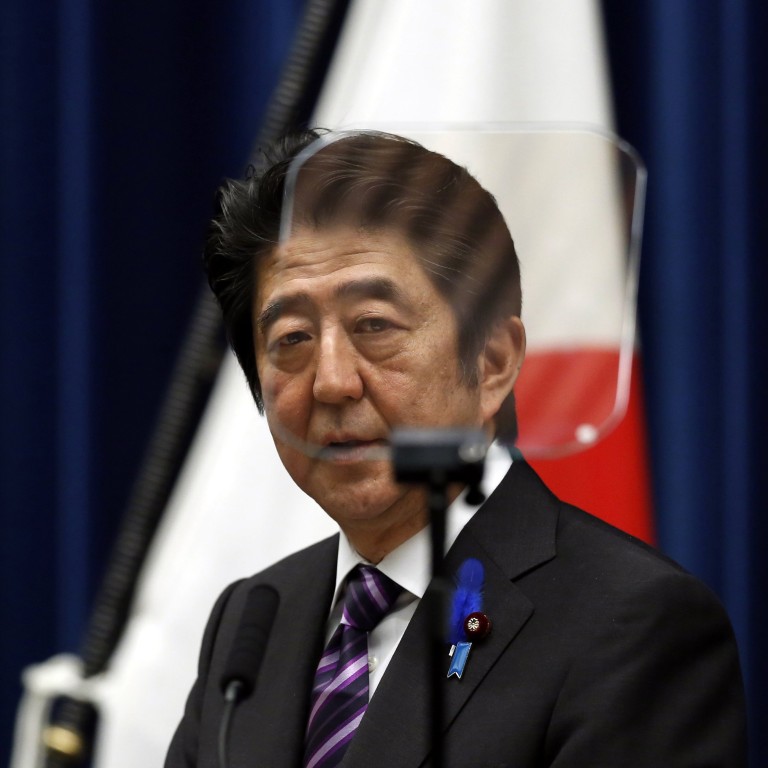
Mixed reaction among Asian people to Shinzo Abe's more muscular Japan
Japanese Prime Minister Shinzo Abe's foreign policy is distrusted by people in China and South Korea but viewed favourably in countries involved in territorial rows with Beijing, a US research agency said.
Japanese Prime Minister Shinzo Abe's foreign policy is distrusted by people in China and South Korea but viewed favourably in countries involved in territorial rows with Beijing, a US research agency said.
According to the results of a Pew Research Centre poll released on Monday, confidence in Abe stayed very low in Japan's two neighbours but many respondents in Vietnam and the Philippines said they trusted the Japanese leader.
Abe is "quite well respected in a number of other Asian countries, with half or more in five of 10 trusting him in world affairs", the poll said.
In South Korea, which is involved in disputes with Japan over the interpretation of wartime history, 94 per cent of respondents had no confidence in the premier, who began his second stint as Japanese leader in 2012, while only 5 per cent said they trusted him.
Chinese respondents followed a similar trend, with 70 per cent having no confidence in Abe and 15 per cent favouring him, the poll showed.
China and Japan both lay claim to islands in the East China Sea, which Chinese call the Diaoyus and Japanese know as the Senkakus.
In sharp contrast, 65 per cent of respondents in Vietnam said they had confidence in Abe "to do the right thing in world affairs". The figure was the highest among the 11 Asian countries, including Japan, covered by the centre's poll.
In the Philippines 55 per cent favoured Abe. Confidence in him was also high in Malaysia, at 57 per cent. In Thailand, 53 per cent trusted Abe.
Vietnam and the Philippines have territorial disputes with China in the South China Sea.
